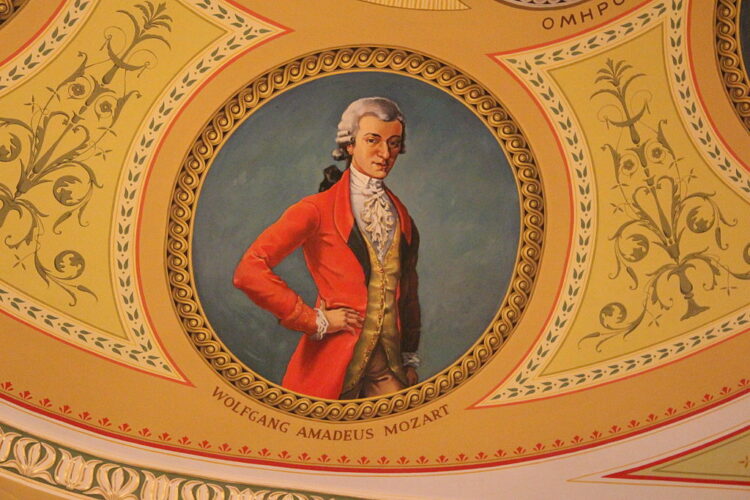
The name, Mozart, is synonymous with classical music. Wolfgang Amadeus Mozart (1756 – 1791) was a musician extraordinaire who created and influenced future generations of classical music. We will look at 15 facts about his life, drawing light on the man behind his musical creations and the continuing appeal of his compositions.
Child Prodigy

Mozart was a child prodigy. His musical talents started to become prominent from the age of three, when he started to play the keyboard. By the age of five, he was composing music. His parents, especially his father Leopold Mozart, recognized this and began to nurture his musical talent with full dedication. He focused on Mozart’s early music education and spread the word around Europe.
Prolific Composer
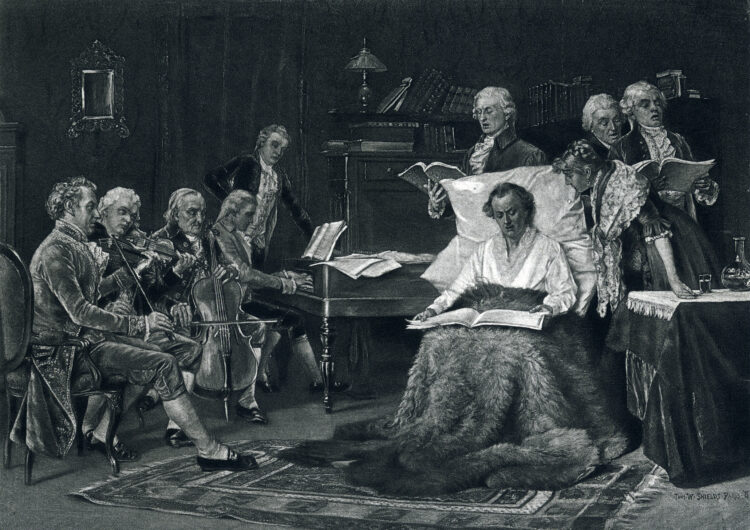
Mozart is second to none in music composition. He composed over 600 musical pieces throughout his career. He had gained mastery over various musical forms, and was extremely versatile with his work. His musical work encompasses various genres such as chamber music, concertos, operas, and symphonies.
Lorenzo Da Ponte’s Collaboration
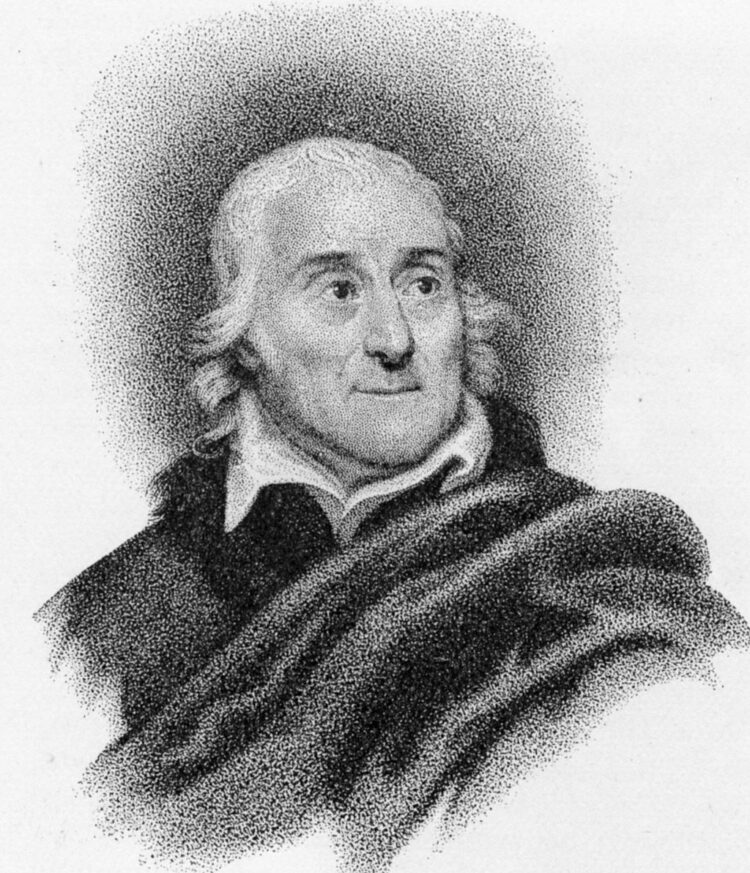
“Don Giovanni”, “The Marriage of Figaro”, and “Cosi Fan Tutte” are Mozart’s most famous operas, and it came during the time of his collaboration with the Italian librettist, Lorenzo Da Ponte. Mozart combined his sublime music with the insightful and witty librettos of Ponte to create these globally admired masterpieces that are still a rage in music circles.
Genius Opera Compositions
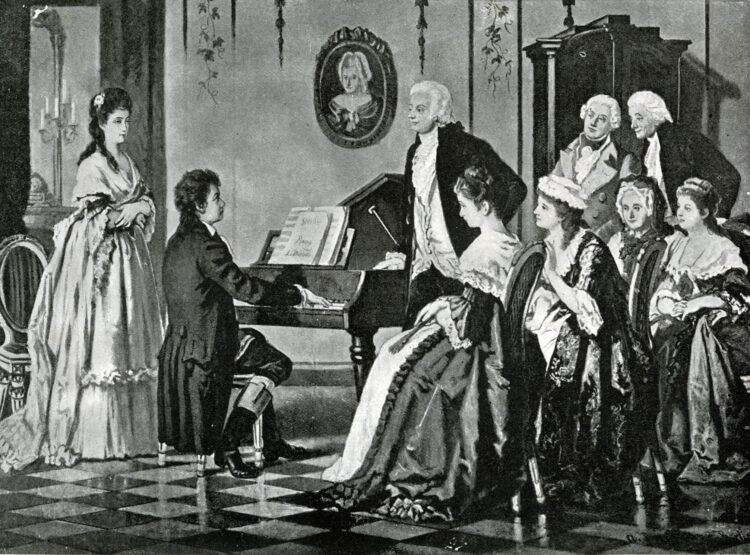
Undoubtedly, Mozart is revered as the greatest opera composers in our collective human history. Operas like “The Magic Flute”, “Don Giovanni” and “The Marriage of Figaro” are a testament to his musical caliber. They have become timeless classics, known for their innovative orchestration, dramatic intensity, and lyrical beauty.
Unfinished K. 626
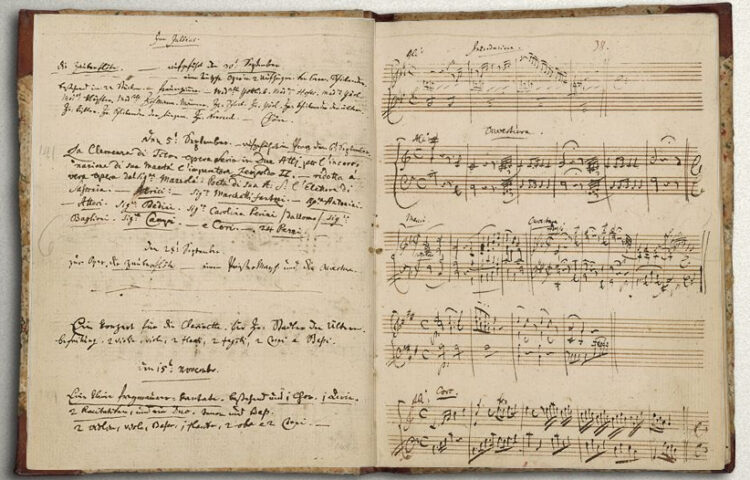
The K. 626 is an unfinished Requiem Mass composition of Mozart. He died soon after an anonymous person had commissioned Mozart to create what has now become his most emotionally charged and iconic work of music. Even though the work remains unfinished, it did not stop music lovers to be captivated by its spiritual depth and sublime beauty.
Haydn and Mozart
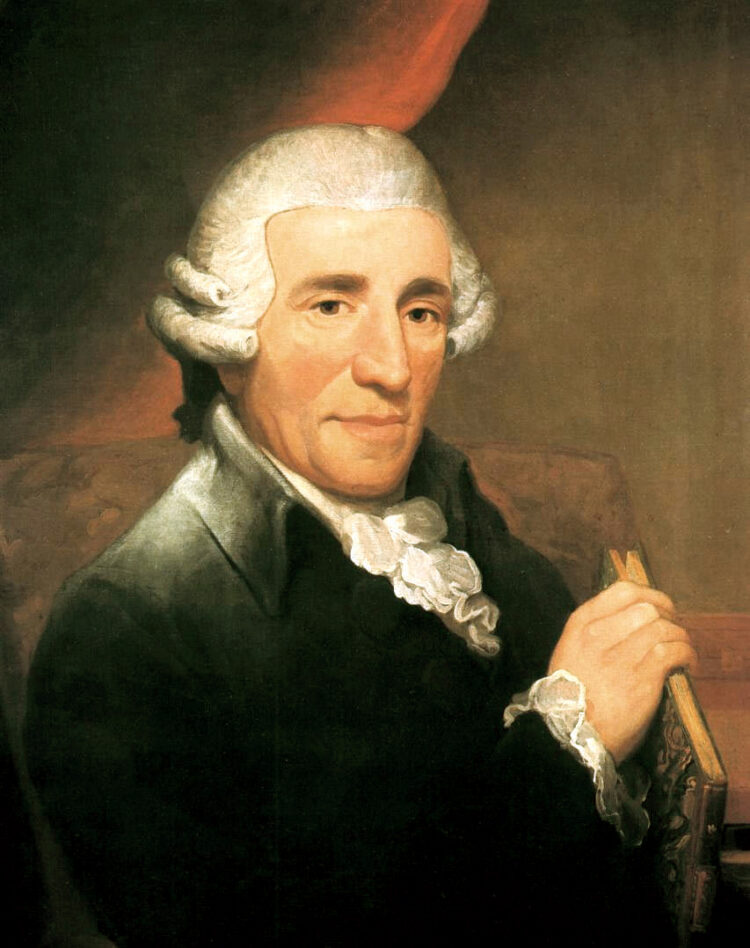
Joseph Haydn was Mozart’s contemporary and a composer as well. Both shared a close friendship and Mozart considered him with high regards and respect. They enjoyed and shared a camaraderie that remained throughout their lives. Haydn were one of those who recognized the genius in Mozart early on. Mozart often sought guidance about his work from Haydn and dedicated his compositions to him.
Musical Style
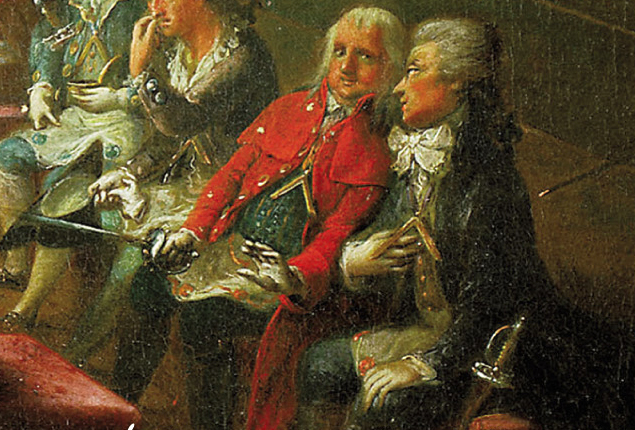
Mozart’s musical style is unparalleled. There is a profound emotional depth and elegance in his musical style. The compositions show his mastery over the art; there is harmonic resonance, melodic beauty, and intricate notes in their form of expression. The musical compositions are timeless, enchanting listeners of all age groups with its profound musical expression and unique language.
Financial Struggles
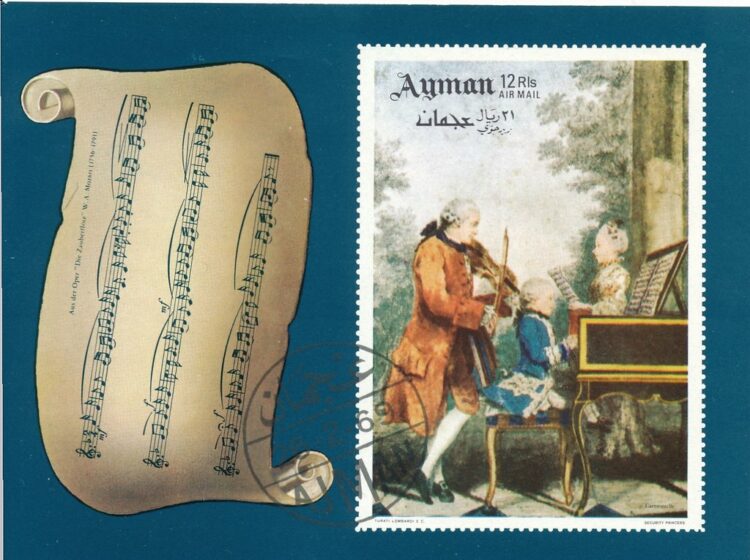
As has been the societal norm in all ages, artists rarely get their due during their lifetime. Despite Mozart being widely known and acclaimed, he suffered financial difficulties throughout his life. His works rarely received adequate compensation and he was always on the lookout for steady employment. He was dependent on commissioned works to support his family.
Travels Throughout Europe
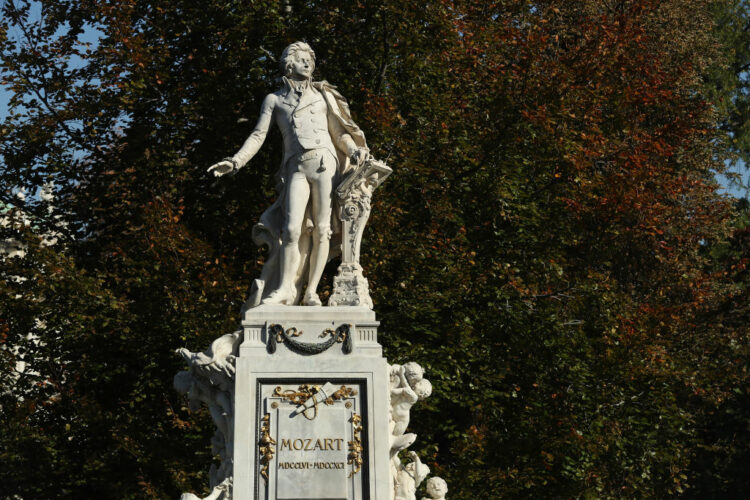
Once Mozart’s musical talent started to become popular, he traveled across Europe to visit various royal courts for musical performances. Travels also exposed him to the musical styles of the locations he visited, and that helped him to enrich his musical compositions and broadened his artistic oeuvre.
Wife and Family
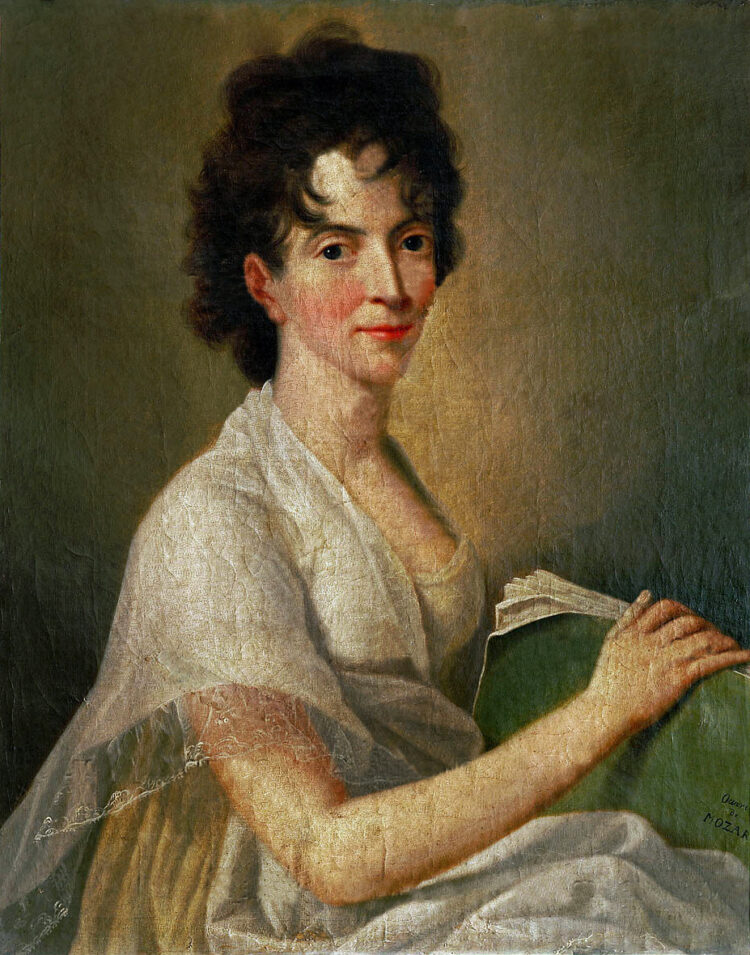
In 1782, Mozart married Constanze Weber. They had 6 children; unfortunately, only 2 of them survived infancy. As per documented journals, theirs was a marriage based on mutual affection and love, despite financial hardships. Constanze managed Mozart’s career and continued to promote his music even after his death.
Masonic Connections
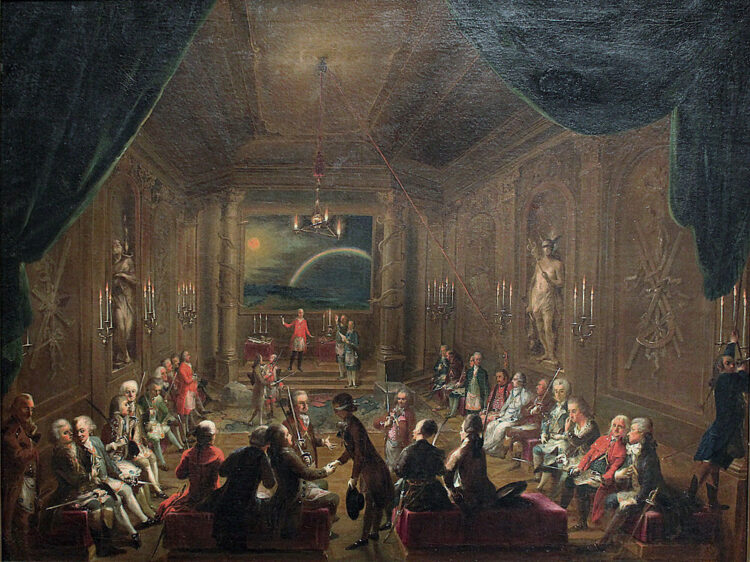
If you have heard “The Magic Flute”, you can recognize the Masonic symbolisms and themes present in the composition. Mozart was a Freemason, and he incorporated various Masonic symbolisms in his compositions. His belief in the ideals of Enlightenment, moral virtue, and bonds of fraternity influenced his musical compositions.
Sense of Humor
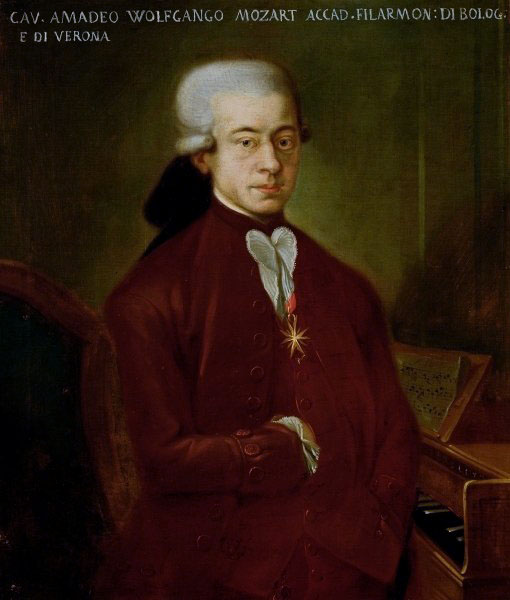
Mozart had a playful sense of humor that many do not know about, through the humor is present even in his musical compositions. The operas often have witty elements, that show his talent to combine humor with music, even in compositions that are strongly about emotional depth and sensibilities.
Death and Resting Place
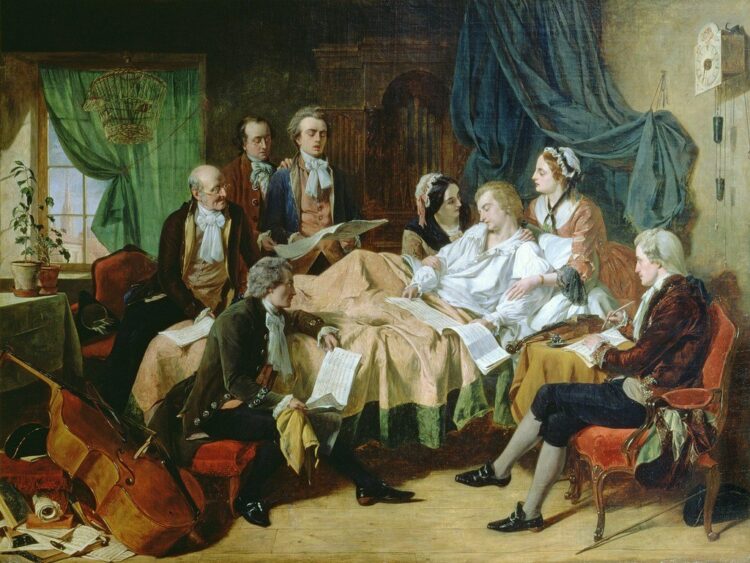
Mozart died in 1791. His final resting place is in Vienna, the St. Marx Cemetery to be specific. He was buried in an unmarked grave, sadly. They were no grand memorial to mark the passing of this musical genius. However, his music continues to live and so does his legacy, cherished by musicians around the world.
Legacy of Influence
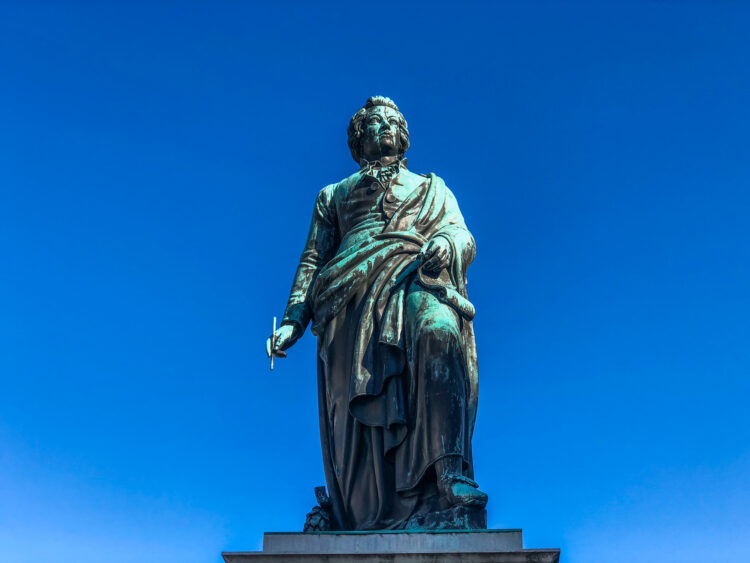
Mozart left behind a rich legacy, not in monetary terms but through music that have influenced generations of musicians and composers throughout the world. He is revered for his innovative approach to melody, for laying the foundation of the Romantic era that followed soon after, and for revolutionizing classical music.
Music is Immortal
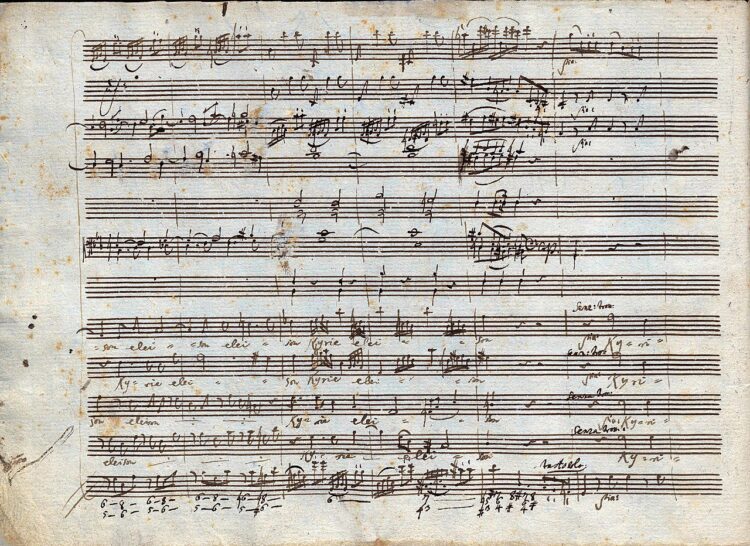
Mozart is no doubt one of the greatest composers of Western music in the last few centuries. His music transcended cultural boundaries and continues to do so. The compositions are resplendent with emotion and beauty of human existence. Whether it is the sublime beauty of his concertos or the soaring opera music, Mozart’s music has been and will continue to remain immortal.

Comments
Loading…